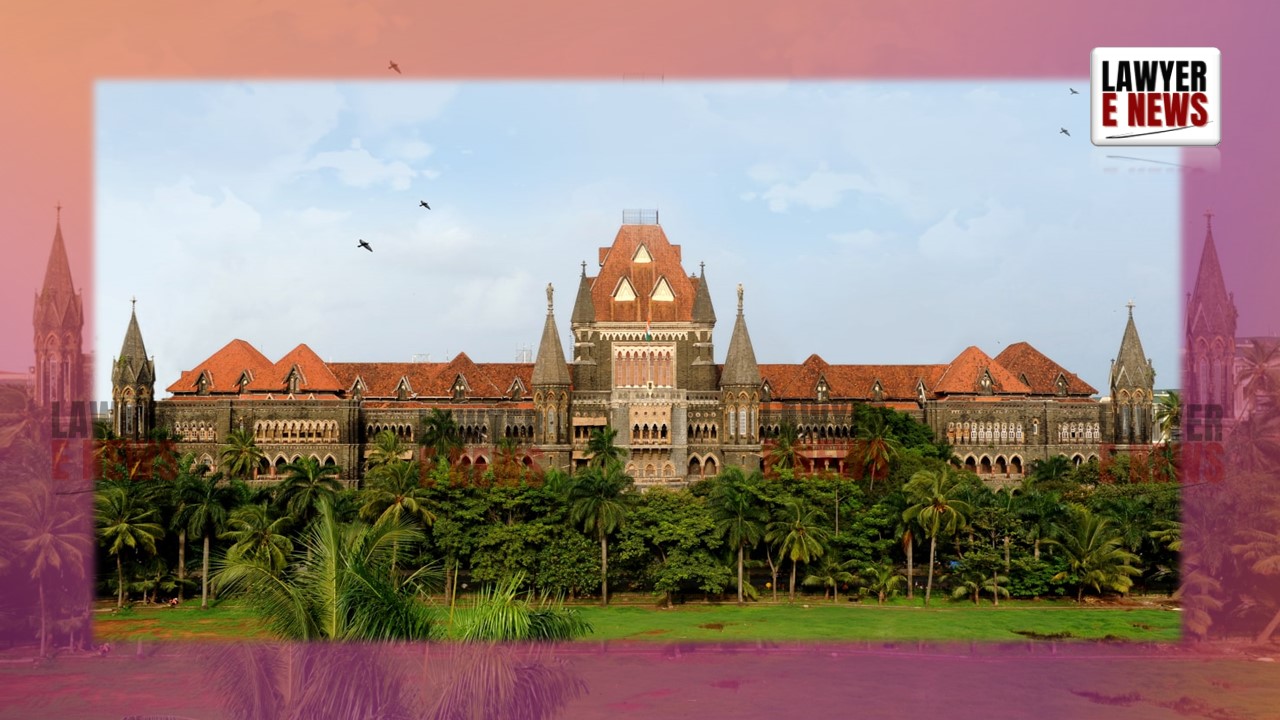-
by Admin
15 February 2026 2:36 AM



Bombay High Court Affirms Right to Reconsider During Cooling-Off Period in Divorce by Mutual Consent. On November 19, 2024, the Bombay High Court dismissed a petition seeking to quash criminal proceedings under Sections 498-A and 406 of the IPC. The Court emphasized that a party's right to withdraw consent during the cooling-off period under Section 13B(2) of the Hindu Marriage Act (HMA), 1955, is an absolute statutory right and does not constitute an abuse of process.
The ruling underscores the sanctity of mutual consent in divorce proceedings and clarifies its interplay with criminal allegations related to matrimonial disputes.
The case stemmed from a marital dispute between the petitioner, XXX, and his estranged wife, XXX. After filing for divorce under Section 13B of the HMA in the Family Court at Saket, New Delhi, the couple entered into a settlement agreement, which included terms for property transfer and withdrawal of legal proceedings.
Following the first motion under Section 13B(1), the respondent-wife withdrew consent to proceed with the second motion, citing coercion and non-compliance with settlement terms by the petitioner. She also lodged an FIR alleging cruelty and dowry harassment under Section 498-A of the IPC.
The petitioner argued that her refusal to file the second motion was contumacious and sought quashing of the criminal proceedings, contending it was an abuse of process.
The Court delved into Section 13B, which permits either spouse to withdraw consent at any time before a decree is passed. Referring to the Supreme Court's decision in Sureshta Devi v. Om Prakash, the Court reiterated that mutual consent must exist at both stages of the divorce process. Withdrawal of consent during the cooling-off period is a statutory right that cannot be overridden by prior agreements or undertakings.
“The mutuality of consent to divorce must subsist from the filing of the first motion to the second motion and until the decree is passed,” the Court stated.
The petitioner argued that the respondent’s withdrawal of consent and initiation of criminal proceedings constituted abuse of process. The Court rejected this contention, emphasizing that the respondent had a statutory right to reconsider during the cooling-off period.
The Court further noted that the petitioner himself failed to fulfill critical settlement obligations, including executing a gift deed for the flat and returning maintenance funds paid by the respondent.
"The petitioner cannot take advantage of his own non-compliance and claim abuse of process against the respondent," the judgment observed.
The Court reviewed the FIR and accompanying evidence, finding sufficient material to justify the continuation of criminal proceedings. Allegations of physical and mental cruelty, dowry harassment, and retention of the respondent's jewelry were corroborated in the chargesheet.
The Court dismissed the petitioner’s argument that the investigation was biased or flawed, emphasizing that these issues must be addressed during trial.
The Court provided an extensive analysis of Section 13B(2) of the HMA and affirmed its intention to allow parties time to reconsider. It emphasized:
Cooling-Off Period: The six-to-eighteen-month waiting period serves to give parties time for reflection and possible reconciliation.
Continued Consent Requirement: The decree for mutual divorce cannot be granted without the voluntary and continued consent of both parties.
Right to Retract: A unilateral withdrawal of consent, even if seemingly inconsistent with prior agreements, is protected under the law.
The judgment also addressed the petitioner’s reliance on precedents, distinguishing them on factual grounds and reaffirming the respondent’s right to withdraw consent.
The Bombay High Court upheld the statutory framework of the HMA, emphasizing that mutual consent must be genuine and uncoerced. The dismissal of the petition reaffirms the autonomy of individuals in divorce proceedings and the priority of statutory rights over settlement agreements.
Date of Decision: November 19, 2024
